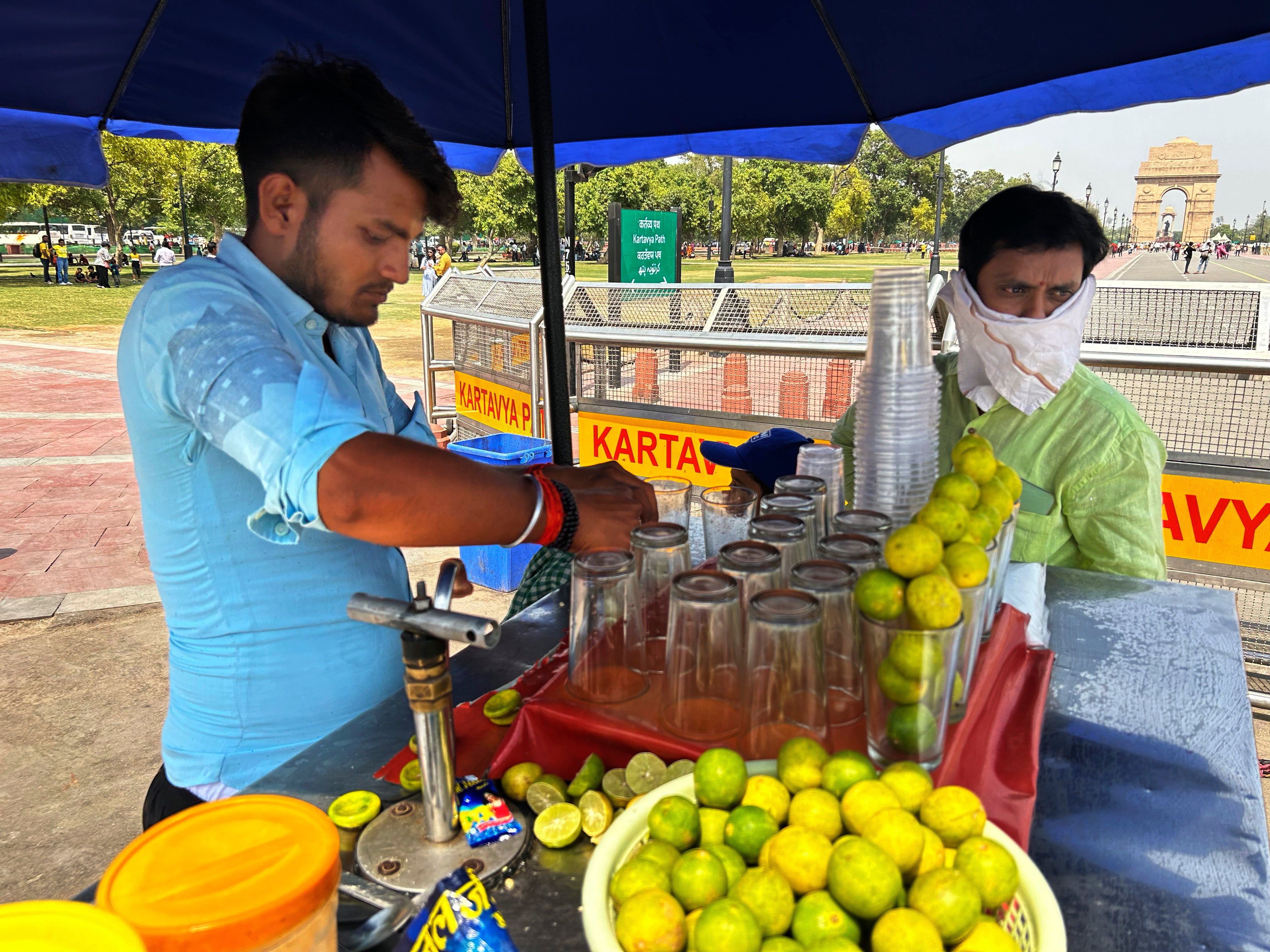First cases under India’s new criminal laws filed against street vendors
New laws replace penal and criminal procedure codes developed during British colonial rule in 1800s
India registered the first cases under its new criminal code against street vendors as the laws replacing colonial legislation came into force amid criticism from opposition parties and rights groups.
The parliament passed the most sweeping changes to the criminal justice system in 150 years in December last year after more than 140 opposition MPs were suspended from the lower house.
Indian prime minister Narendra Modi called it a "watershed moment" despite facing backlash for passing the laws without debate. The new sets of laws came into force on 1 July.
The Bharatiya Nyaya Sanhita 2023 replaced the Indian Penal Code of 1860 and the Bharatiya Sakshya Adhiniyam 2023 replaced the Indian Evidence Act 1872. The Bharatiya Nagarik Suraksha Sanhita 2023 was introduced in place of the Code of Criminal Procedure 1882.
The first case under the new laws was filed against a street vendor in the capital New Delhi for allegedly blocking a footbridge, according to media reports. It was quashed, however, following criticism on social media.
Two cases were also filed against street vendors for public obstruction in Mr Modi's home state of Gujarat, The Indian Express reported.
A similar complaint was registered against a vendor in the coastal state of Goa for causing "inconvenience to the general public and general flow of traffic" by “intentionally moving his handcart carrying coconuts at the roadside and selling tender coconuts in public”.
The Goa police also booked a tarpaulin seller the same day.
As criticism against the cases grew loud, home minister Amit Shah said the first case was filed at 12.10am in Gwalior, Madhya Pradesh, for motorcycle theft.
"Police, using the provisions of review, dismissed this case,” Mr Shah said about the case filed in New Delhi.

The new laws include several contentious provisions such as the extension of the limit for police detention without charge from 15 days to upto 90 days, classification of terror offences under ordinary criminal proceedings, formal decriminalisation of homosexuality and adultery, and introduction of community service as a form of punishment.
A previous law criminalising sodomy has been removed from the new code.
Sedition, for long seen as a colonial legacy in India’s legal system but rendered inoperable by the Supreme Court in 2022, has been replaced by an equally controversial offence of treason.
"About 77 years after independence, our criminal justice system is becoming completely indigenous and will run on Indian ethos," Mr Shah said on Monday.
"Instead of punishment, there will now be justice."
P Chidambaram, member of the opposition Congress party and former home minister, said the parliament session in December did not hold any "worthwhile debate" before passing the laws.
He said there was only marginal improvement in the new laws which could anyway have been introduced as amendments to existing laws. "The initial impact will be to throw the administration of criminal justice into disarray," he said on X.
Amnesty International called on the Indian government to repeal the "repressive" new criminal laws.
"The provisions of the amendments to and overhaul of criminal laws in India would have debilitating consequences on the effective realisation of the rights to freedom of expression, association, peaceful assembly, and fair trial," Aakar Patel, chair of board at Amnesty International India, said.
Join our commenting forum
Join thought-provoking conversations, follow other Independent readers and see their replies
Comments
Bookmark popover
Removed from bookmarks